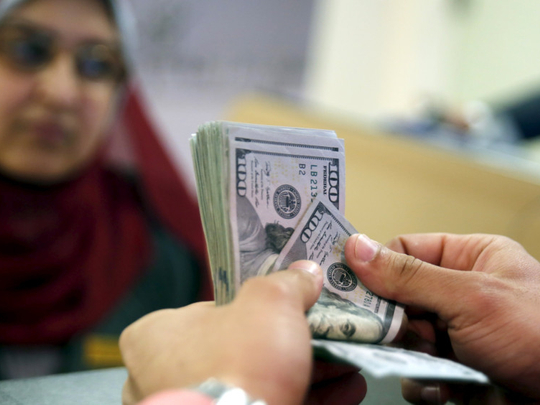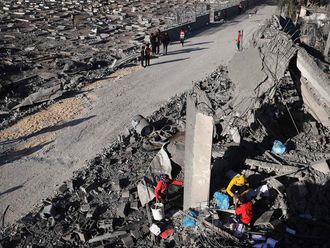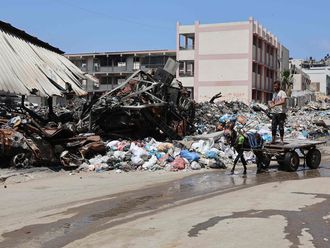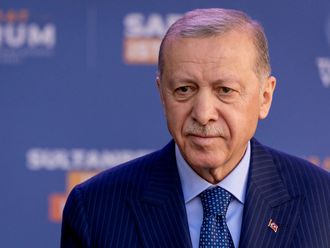
Cairo: Egyptian Prime Minister Sharif Esmail, outlining his government policy to the parliament on Sunday, called for taking tough decisions to prop up the country’s battered economy.
“The current phase makes it imperative for all of us to take tough decisions whatever considerations are and opposition from those with short-sighted interests,” he said in his first address to the legislature since he became premier last September.
Esmail, a former oil minister, did not specify the decisions, but pledged that his government would put in place “appropriate social programmes” to cushion the impact of the moves.
Local media has recently reported that the government plans to partially lift state subsidy on energy and water supplies as well as raise public transport fares in its attempt to slash a ballooning budget deficit.
“The state’s continuation for tens of years to provide services for prices less than their actual prices has resulted in inability to develop the efficiency of these services to cope with the increasing demand,” Esmail said in his policy statement entitled ‘Yes, We Can.’
Calling population explosion a major obstacle to fulfill sustainable development in Egypt, he pointed out that the country’s population had grown from 77 million to 90 million last year.
He also added that the state subsidy on food and basic services had climbed from 93.6 billion Egyptian pounds (Dh38.52 billion) in 2009 to 231 billion pounds in the current fiscal year.
Egypt has been gripped by economic troubles since the 2011 uprising that forced long-standing president Hosni Mubarak to step down. Tourism, which is Egypt’s main foreign currency earner, has been hard hit by the post-uprising turmoil.
Since taking office in mid-2014, President Abdul Fattah Al Sissi has been trying to revamp the economy and shake up the state administrative structure while fighting a militant insurgency mainly in Sinai.
Esmail told the parliament that his government would crack down on corruption and trim the bureaucracy to rectify areas long seen as major hurdles to investment.
He also pledged to reduce unemployment rates from the current 12.7 per cent to 10-11 per cent by the end of the 2017/18 fiscal year.
In an apparent attempt to boost economic performance, Al Sissi last week replaced 10 ministers including those of investment, finance and tourism.
Under Egypt’s 2014 constitution, the government has to get a confidence vote from the majority of lawmakers within a month of presenting its policy statement to parliament.
If not, the president will have to replace the prime minister with a person chosen from the political party or coalition having the majority in parliament.
Should the new premier fail to get the parliamentary vote of confidence, the legislature would be automatically dissolved and the president would call for new parliamentary elections.
As things stand, the Esmail government is most likely to win the vote of confidence given that the parliament is dominated by Al Sissi loyalists.
The current parliament, which convened for its first meeting last January, is Egypt’s first elected House since mid-2012 when the Constitutional Court dissolved the Islamist-led legislature.












